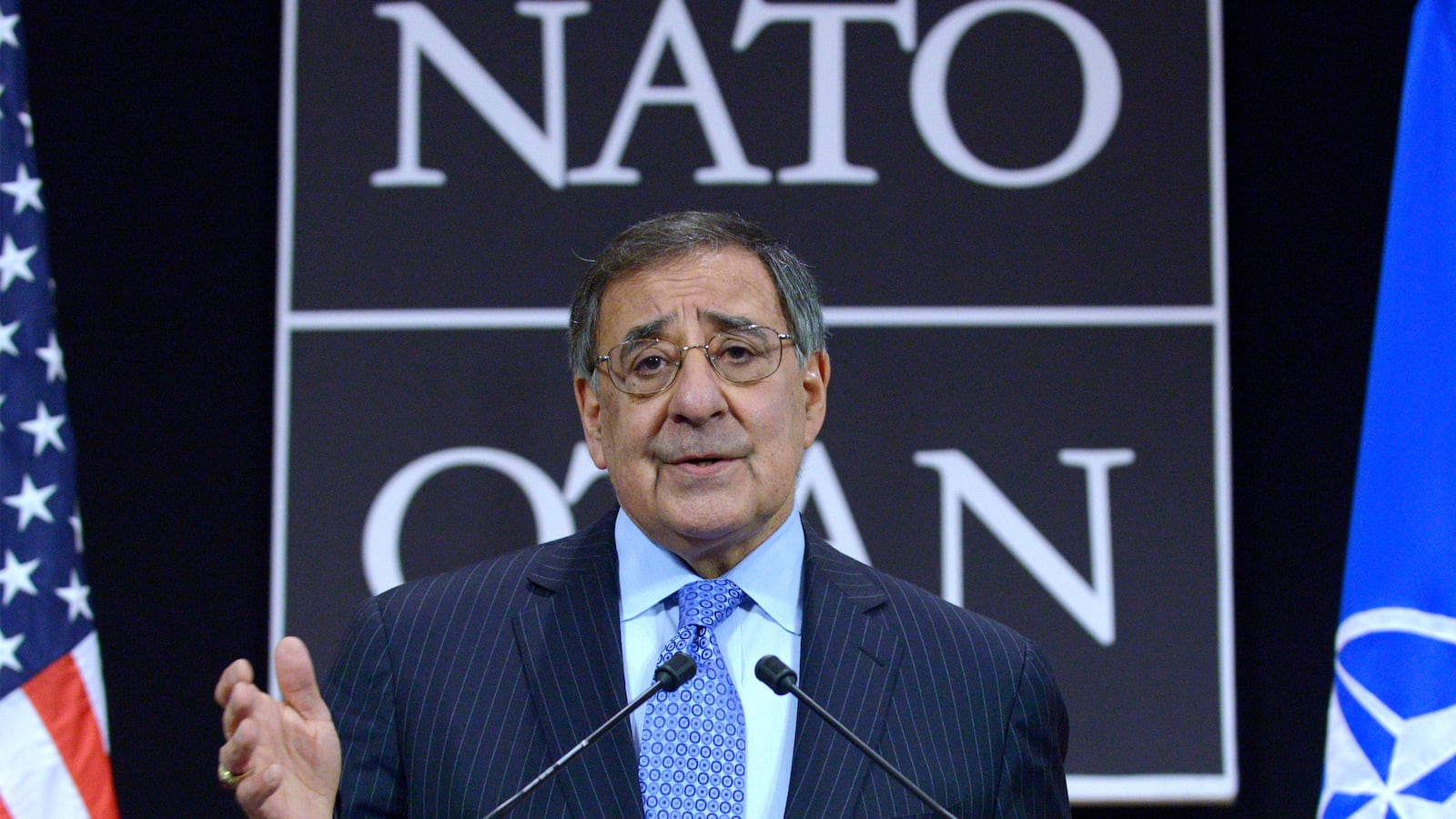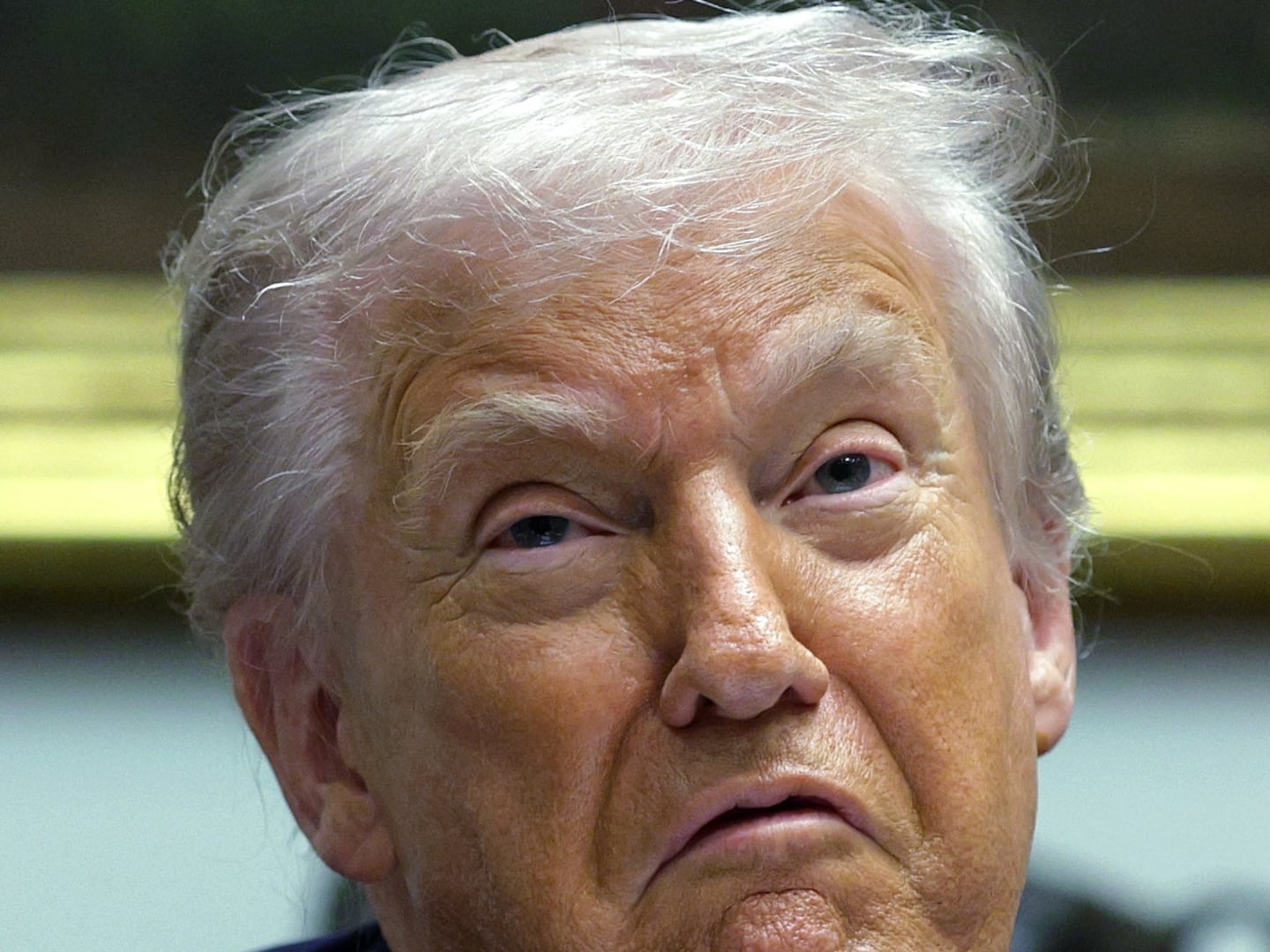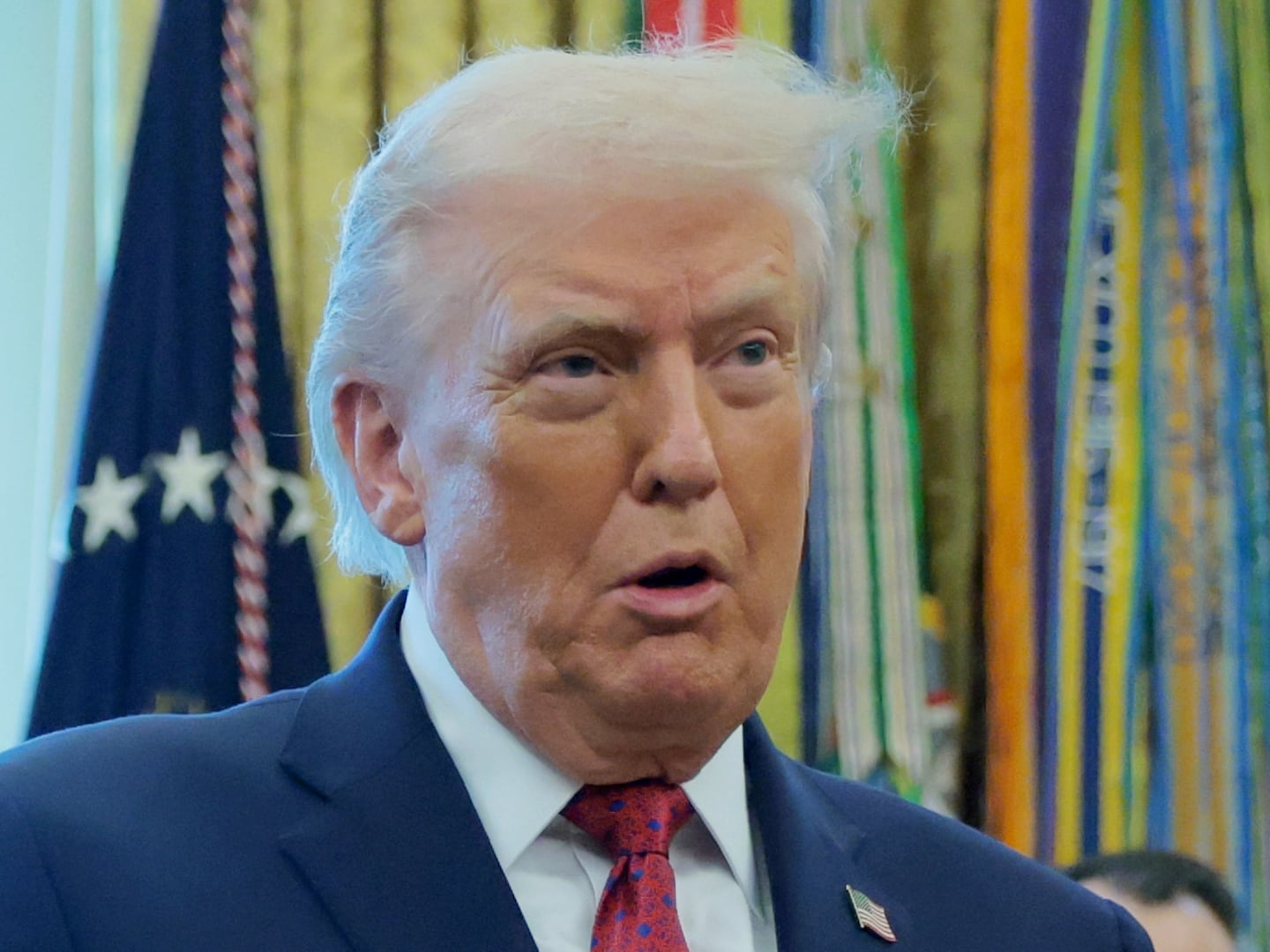When Harry Truman apocryphally said, “if you want a friend in Washington, buy a dog” he might have had someone like Leon Panetta in mind. Not content with letting Republicans pummel his old boss, President Obama’s former CIA Director and Secretary of Defense released a new memoir this week that attacks Obama for “losing his way” on foreign policy, for sending “mixed messages” to allies and enemies alike and for failing to use military force more promiscuously in protecting US interests in the Middle East.
There is more here, however, than just DC-style situational loyalty. In Panetta’s obsessive focus on the politics of national security, his fetishization of military force and his utter lack of strategic vision, what is also evident is the one-dimensional foreign policy thinking that so dominates Washington—and which Panetta has long embodied.
None of this should come as a surprise. When Panetta became CIA director in 2009, he was demonstrably unqualified for the job. He had no background in foreign policy, intelligence or national security. His most apparent and highly-touted skill was that he understood his way around bureaucratic Washington.
At both Langley and the Pentagon he became a forceful advocate for—or, some might say, bureaucratic captive of—the agencies he ran. As CIA Director he pushed back on efforts to expose the agency’s illegal activities during the Bush Administration —in particular, the use of torture (which he had once decried).
At DoD he ran around with his hair practically on fire denouncing cuts to the defense budget in out-sized, apocalyptic terms. The “catastrophic,” “draconian” cuts would initiate a “doomsday mechanism” and “invite aggression,” he claimed and always without specific examples. Ironically, when Panetta was chairman of the House Budget Committee in the early 1990s, he took the exact opposite position and pushed for huge cuts to the defense budget.
For Panetta, principles appear to be determined by wherever he happens to be sitting at any given moment.
However, his irresponsible threat-mongering and his constant stream of gaffes and misstatements (like the claim that the US was in Iraq because of 9/11 and that the war was worth it) masked a stunningly narrow and parochial foreign policy vision. It wasn’t just that Panetta was saying crazy things. As his new memoir shows, he apparently believed them.
Take, for example, Panetta’s now oft-repeated position on troop withdrawals from Iraq in 2011, a move that as Secretary of Defense he praised but now three years later labels a failure. While Panetta acknowledges that the adamant refusal of Iraqi Prime Minister Nouri al-Maliki to maintain a troop presence in Iraq was a key impediment, he has a brilliant after-the-fact solution: the US should have just turned up the heat on Maliki.
According to Panetta, the US could have simply said that we would withdraw both reconstruction and military aid to Iraq until Maliki bent to America’s will. That Panetta thinks that threatening and demeaning the Iraqi leader was a worthy step to make in order to maintain a US force that the Iraqis clearly didn’t want is remarkably short-sighted. Panetta seems utterly uninterested in the question of what happens if Maliki called the US bluff or, if he said yes, how would that affect the long-term relationship between the US and Iraq. For Panetta, the only thing that mattered in 2011 was maintaining a residual US military force in the country, which he says—without much in the way of evidence—would have helped prevent the rise of ISIS.
Panetta is fond of such retrospective certainty. He asserts that if the US had backed Syrian rebels militarily it would have built up a moderate counter-weight to ISIS. He also labels the president’s failure to use force against Syria when it crossed Obama’s “redline” and used chemical weapons against his own people a damaging “blow to American credibility.” According to Panetta, “the power of the United States rests on its word, and clear signals are important both to deter adventurism and to reassure allies that we can be counted on.” The implication is that if the US had merely bombed Assad, those clear signals would have been sent and received by enemies and allies alike.
Of less concern to Panetta are not only the potential negative consequences from using force but also the actual diplomatic agreement negotiated by the US to completely destroy all of Syria’s chemical weapons. While he gives a perfunctory nod to this “important accomplishment” in his memoir, he complains that “hesitation and half-steps have consequences.”
As for what those specific consequences are, other than vague platitudes about credibility and signals: your guess is as good as mine. For Panetta, the act of using force is seemingly more important than the actual tangible result achieved by using force.
Nowhere is this mindset of war as a presentational tool more evident than Panetta’s discussion of the 2009 surge in Afghanistan. While Panetta says the focus on the Taliban, rather than al Qaeda, was misplaced and he complains that the military actively tried to box in Obama on troop levels … he says that there was no reason for the decision on the surge to have taken so long.
“For him to defy his military advisers on a matter so central to the success of his foreign policy and so early in his presidency would have represented an almost impossible risk,” says Panetta. Translation: the surge was a bad idea, but the politics of national security demanded that Obama send American troops to fight a war that Panetta in his memoir calls “not a ringing success.”
Ironically, in his public appearances Panetta has been forcefully stating that a commander-in-chief must keep all options on the table—an implicit criticism of Obama’s refusal to put troops on the ground to fight ISIS. But in Afghanistan, the one option that Panetta appears to believe we should not have had on the table was defying the military and not surging, which is nothing if not an interesting twist on the principle of civilian control of the military. For Panetta, “all options” means only one thing—use of force.
Here, Panetta could not be more explicit. He says President Obama was a “strong leader on security issues” in his first term and cites as evidence Obama’s support for CIA military operations and the fact that he was “tough on terrorism.”
Now, however, Panetta believes that the president has “lost his way” because since then because he’s shown greater “ambivalence” about using military force. If Obama is willing to “roll up his sleeves” on ISIS he can restore that strong legacy. For Panetta, might always equals right.
Panetta likes to present himself an “honest,” “straight-talking,” aw-shucks kind of guy—the son of Italian immigrants who has lived the American Dream. But in reality he is the quintessential example of how Washington corrupts. Principles are conditional and where you sit is where you stand; politics trumps policy, even bad policy that puts American lives at risk; military force is a magic elixir not only in solving international problems but in burnishing one’s public image (though it appears for Panetta that this mainly applies to Democrats); it’s also the most important criteria in how you judge a president’s national security decision-making and his or her requisite strength.
During a recent interview on CNN, Panetta took a break from bashing the president who appointed him to two Cabinet offices to offer one of those platitudes that long-time DC denizens love to state without a moment of introspection. “Logic doesn’t work in Washington,” he said.
You can say that again.






